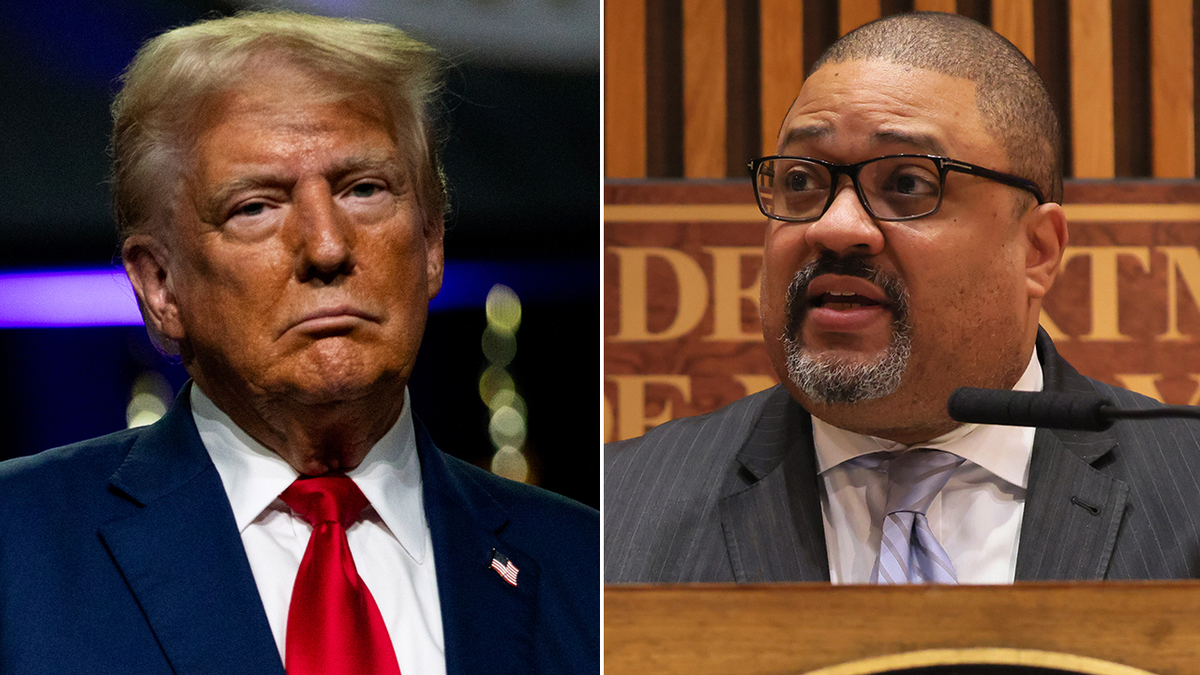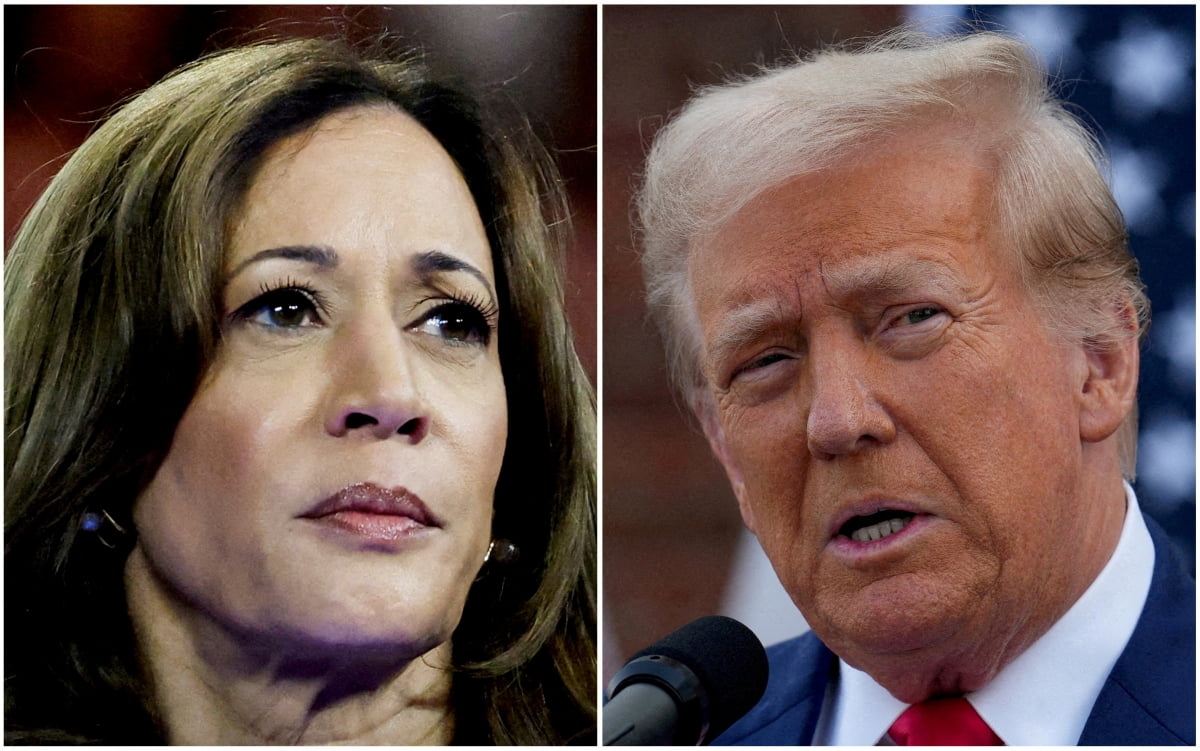Former President Donald Trump’s lawyer Tuesday requested again Citing the Supreme Court’s ruling on presidential immunity and arguing that he cannot be prosecuted for official acts he performed as president, he argued that his New York criminal case should be transferred to federal court.
Trump’s lawyers first asked in August to transfer the New York v. Trump case to federal court, but U.S. District Judge Alvin Hellerstein denied the request in September.
President Trump’s lawyers argued that Manhattan District Attorney Alvin Bragg’s office “violated the doctrine of presidential immunity by relying on evidence in grand jury proceedings and trial about President Trump’s official conduct during his first term.”
Trump’s lawyers argued that “the use of public evidence in grand jury proceedings and trials is illegal.” constitution And it threatens the ability of any future president to fulfill that role.”
Trump asks federal court to take over Bragg case, weeks before sentencing
Former President Donald Trump (left) and Manhattan District Attorney Alvin Bragg. (Emily Elkonin/Michael M. Santiago/Getty Images)
Bragg charged Trump with 34 counts of first-degree falsification of business records. Trump pleaded not guilty.
A Manhattan jury found the former president guilty on all counts during an unprecedented six-week trial in New York earlier this year.
Trump’s lawyers have already moved to appeal the ruling.
Trump lawyer Todd Blanche cited the Supreme Court’s ruling on the president’s immunity and said the ruling should be overturned.
Judge Merchan delays Trump sentencing until after election
In her motion for dismissal, Blanche claimed Bragg had introduced official conduct as evidence during an unprecedented six-week criminal trial. Blanche said this included official White House communications with staff such as Hope Hicks, Madeleine Westerhout and others.
that The Supreme Court ruled in Trump v. United States. Former presidents receive significant immunity from prosecution for official acts, but cannot receive immunity from prosecution for unofficial acts. The high court said Trump could avoid criminal prosecution for “official acts,” but left it up to lower courts to determine exactly where the line between official and unofficial acts lies.
An image of Judge Juan Merchan delivering his sentence in court. (AP)
Judge Juan Merchan is also scheduled to issue a decision on Trump’s motion to leave office on November 12.
CLICK HERE TO GET THE FOX NEWS APP
Trump’s first sentencing was set for July 11, just days before the Republican National Convention, where he was scheduled to formally nominate the 2024 Republican presidential candidate, but Marchon agreed to delay it until September 18.
Last month, Murchan granted President Trump’s request to delay sentencing until after the election. Sentencing is scheduled for November 26.
Fox News’ Maria Paronich contributed to this report.
Brooke Singman is a political correspondent and reporter for Fox News Digital, Fox News Channel, and FOX Business.


